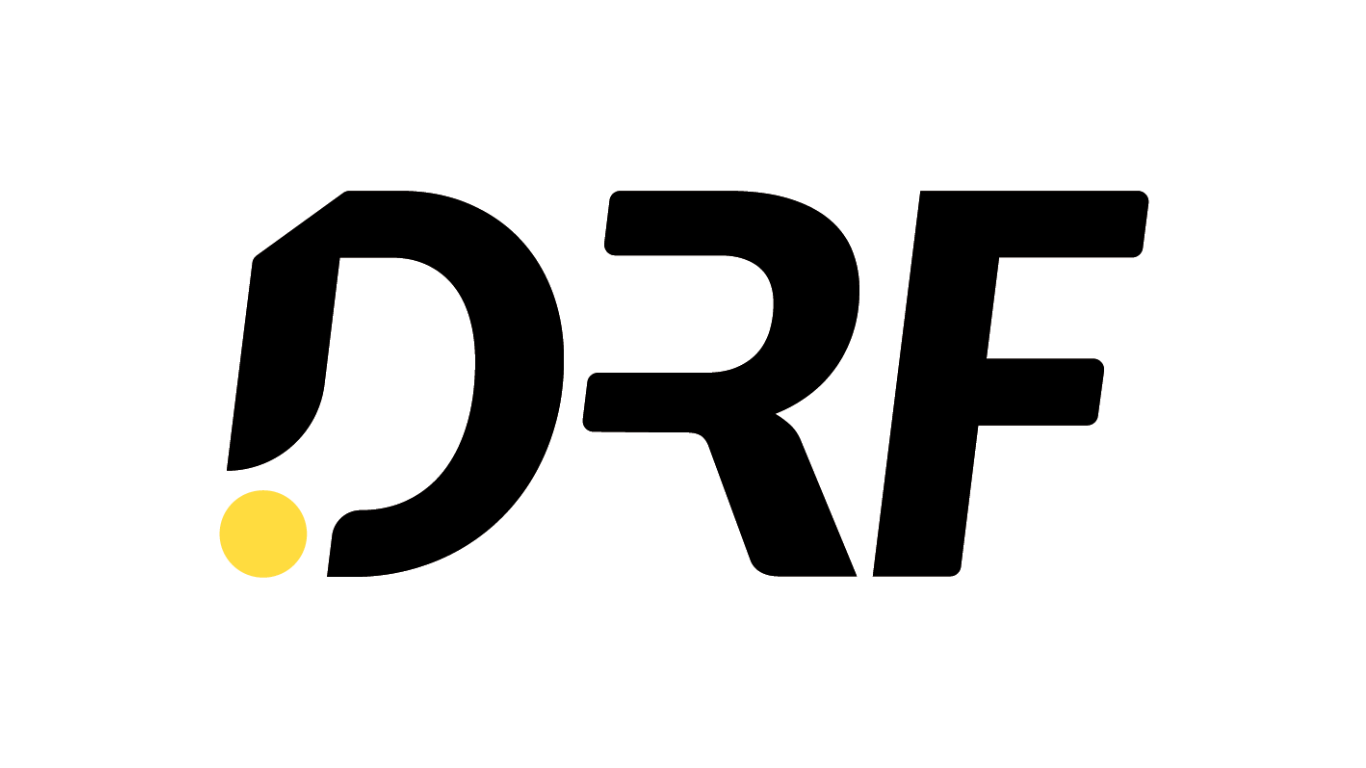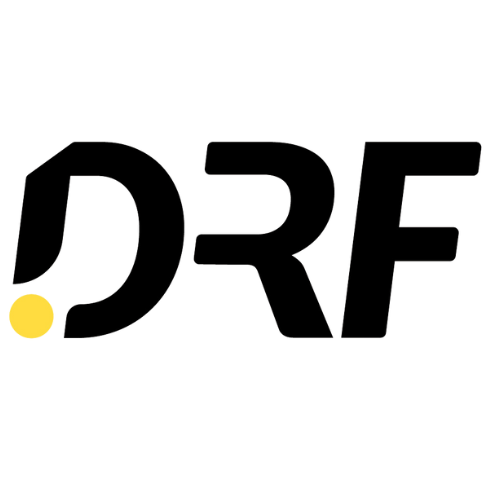Hate Speech and Misinformation in South Sudan: A Joint Call to Action
- DRF Comms

- Mar 17, 2025
- 2 min read
Updated: Sep 16, 2025
On 17 March 2025, we at Digital Rights Frontlines (DRF), together with key partners, raised serious concern about the alarming rise of hate speech, misinformation, and online incitement to violence in South Sudan. Content spreading on platforms such as Facebook, TikTok, WhatsApp, and X (formerly Twitter) is fueling tensions, deepening mistrust, and creating conditions for violent retaliation.
Dehumanising messages, including ethnic slurs, stereotypes, and graphic content, continue to threaten peace and reconciliation in a country still working to heal from years of conflict. At a time when South Sudan is pursuing important reforms, the misuse of digital spaces has become a serious risk to unity and stability.
Objectives of the Joint Statement
This joint statement is designed to:
Raise awareness about hate speech, misinformation, and online incitement.
Explain the dangers of harmful speech in fragile communities.
Call on the government, media, civil society, and the public to take urgent action.
Promote responsible use of social media as a tool for peace, not division.
DRF and Partners: Driving Digital Safety Together
As a signatory, DRF reaffirms its commitment to safeguarding digital spaces and protecting communities from harmful content. Our work focuses on:
Digital Literacy and Safety: Teaching communities how to navigate the internet responsibly, avoid harmful content, and shield children from violent material.
Cybersecurity Advocacy: Raising awareness about online threats and countering misinformation in South Sudan.
Policy Engagement: Calling on the government to prioritise the Cybercrimes and Computer Misuse Bill 2024 and the Data Protection Bill 2020 to safeguard citizens’ rights.
Silence from civil society only allows harmful voices to dominate. By speaking out, educating communities, and building coalitions, we can prevent social media from being turned into a weapon of division.
This statement was jointly supported by Koneta Hub, Internet Society South Sudan Chapter, the South Sudan Bar Association, UJOSS, and Media Mentors Network. Together, these efforts highlight that combating online harm requires a united front, governments, media, platforms, civil society, and citizens working hand in hand.
What Must Be Done
Governments must enforce clear laws that protect citizens online.
Journalists must report responsibly and avoid fuelling tension.
Social media platforms must actively monitor and remove harmful content.
Citizens must stay vigilant, verify information, and share messages of peace.
Why This Matters
South Sudan stands at a critical juncture. The way online spaces are managed today will determine whether digital platforms become channels of peace or tools of division. History has shown how unchecked media can fuel violence, but South Sudan still has the chance to choose a different path.
Action is urgent. By holding perpetrators accountable, amplifying positive narratives, and protecting vulnerable groups, we can use technology to support peace, justice, and human dignity.
We at DRF remain dedicated to promoting digital rights, advancing safe online practices, and ensuring that technology brings communities together rather than tearing them apart. But this work cannot be done in isolation. Every government institution, every journalist, every platform, and every citizen has a role to play.
Working together, we can reclaim South Sudan’s digital spaces and turn them into engines of peace, truth, and unity.
Signed by:
Digital Rights Frontlines (DRF)
Koneta Hub
Internet Society South Sudan Chapter
South Sudan Bar Association
Union of Journalists of South Sudan (UJOSS)
Media Mentors Network
Download the Full Advisory / Further Resources:










Comments